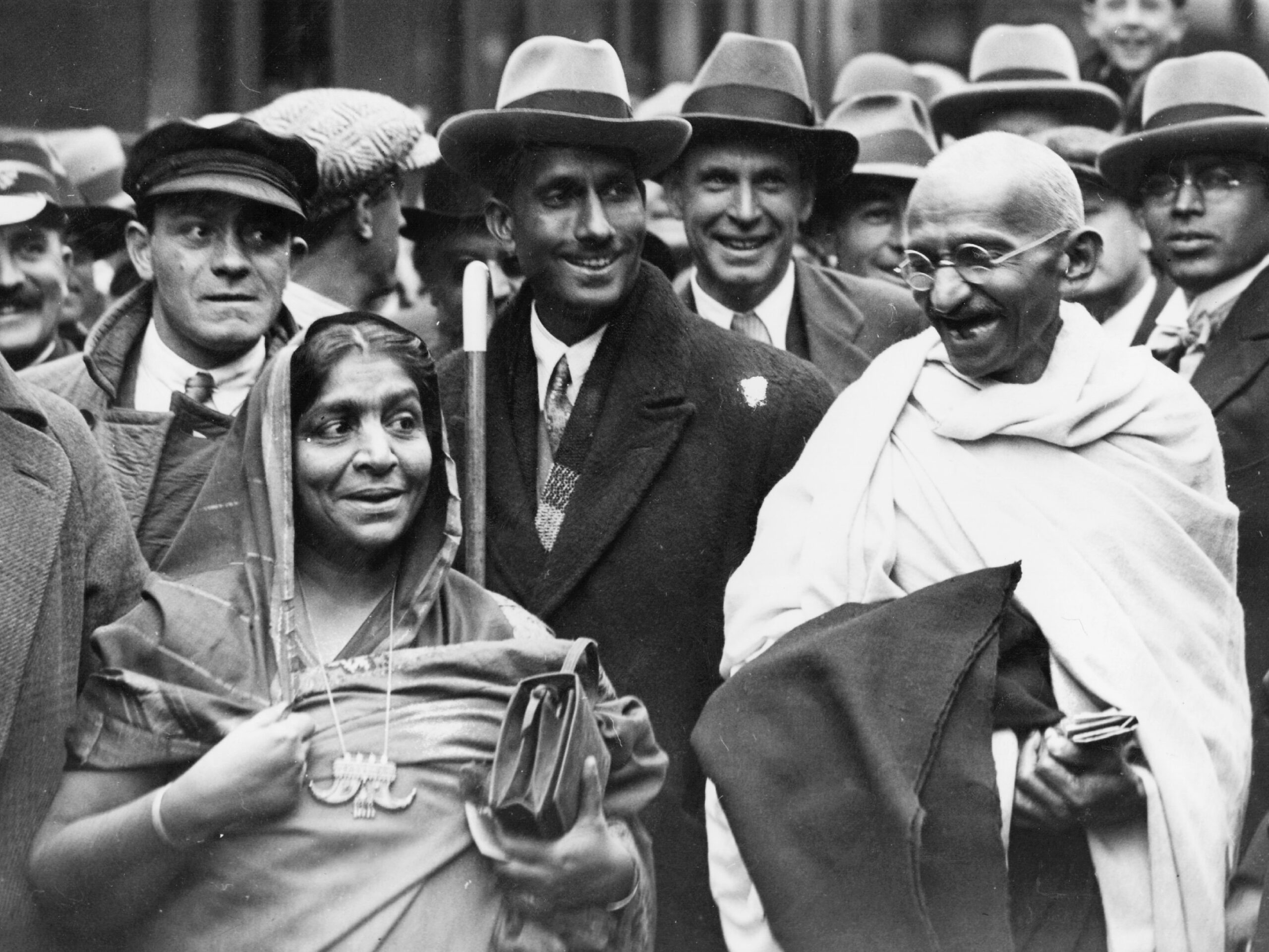
By: Vibhuti Pathak
On the occasion of International Women’s Day, we honour the women who have been striving for their rights and equality since the discrimination began. But do you know, that some women have marked history in the British Colonial era, although that time they were away from the spotlight?
The British colonial era in India witnessed the emergence of remarkable women who defied societal norms and shattered glass ceilings. As we celebrate International Women’s Day, it is fitting to pay homage to the trailblazing Indian women who, against the backdrop of British rule, made significant strides in various fields. These unsung heroines not only contributed to their respective domains but also paved the way for future generations of women. Let us delve into the lives of these firsts, who left an indelible mark on India’s socio-cultural landscape.
Cornelia Sorabji, The Trailblazing Barrister:
In a time when legal education for women was a distant dream, Cornelia Sorabji, born in 1866, became the first woman to study law at Oxford University in 1889. Overcoming gender and racial barriers, she was admitted to the bar in 1923, thus becoming India’s first woman barrister. Sorabji devoted her legal career to advocating for the rights of marginalized women and children, using her expertise to champion their causes in the colonial legal system.
Anandibai Gopalrao Joshi, The Pioneer Doctor:
Born in 1865, Anandibai Gopalrao Joshi etched her name in history by becoming the first Indian woman to receive a medical degree in 1886. Despite societal norms that frowned upon women pursuing education, Anandibai broke barriers and earned her degree from the Women’s Medical College of Pennsylvania. Tragically, her life was cut short at the age of 21, but her legacy paved the way for future generations of Indian women to enter the medical profession.
Sarla Thakral, India’s First Woman Pilot:
In 1936, Sarla Thakral soared through the skies to become India’s first woman to earn a pilot’s license. Born in 1914, Thakral’s journey into aviation began at the young age of 21, and she continued to inspire generations of Indian women to pursue careers in aviation. Her accomplishment was particularly noteworthy during an era when few women dared to challenge societal expectations and venture into male-dominated professions.
Kamini Roy, The First Indian Woman Graduate:
At a time when education for women was a rarity, Kamini Roy graduated with honours in 1886 from Bethune College, Calcutta, making her the first Indian woman to obtain a degree. A poet and social activist, Kamini Roy advocated for women’s rights and played a crucial role in the women’s suffrage movement. Her achievements laid the foundation for the advancement of women’s education in colonial India.
Savitribai Phule, Championing Education for Girls
Savitribai Phule, alongside her husband Jyotirao, is celebrated as a champion for women’s education in India. In 1848, they opened the first school for girls in Pune, challenging the deeply entrenched social taboo against educating females. Savitribai Phule’s unwavering commitment to education empowered countless girls and ignited a movement for social reform.
Kadambini Ganguly and Chandramukhi Basu, Grappling the Walls of Academia
The year 1883 witnessed a landmark achievement for Indian women in education. Kadambini Ganguly and Chandramukhi Basu became the first Indian women, and the first women in the entire British Empire, to graduate from university. Their success not only opened doors for future female scholars but also challenged the very notion of women’s intellectual capabilities.
Sarojini Naidu, A Voice for Freedom
Sarojini Naidu, a renowned poet and political activist, became the first Indian woman to be the president of the Indian National Congress in 1925. Her powerful voice and unwavering commitment to India’s independence made her a prominent figure in the freedom struggle.
These are just a few examples of the many extraordinary Indian women who defied the limitations imposed by a patriarchal society and the British Raj. Their courage and perseverance paved the way for generations of women to pursue their dreams and contribute meaningfully to Indian society.
This International Women’s Day, let us celebrate their pioneering spirit and continue to champion the cause of equality for women in all walks of life.
